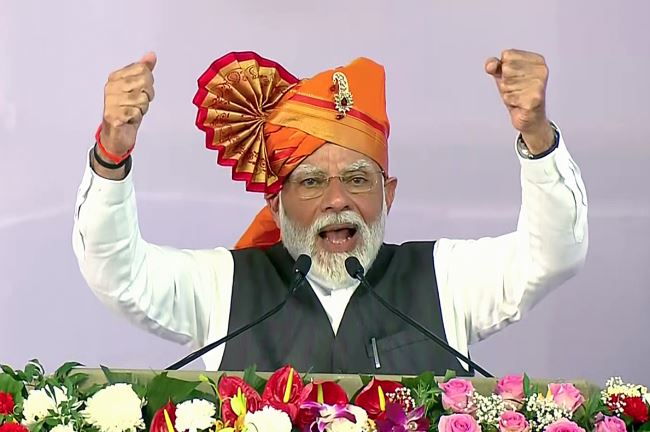New Delhi : Amid Covid-19 concerns, climate change has emerged as one of the major topics of discussion at the ongoing Cannes film festival.
Three years after signing the 50:50 gender parity pledge to make it an inclusive festival, Cannes is addressing environmental concerns that have captured the attention of contemporary society during the coronavirus pandemic. At least two important initiatives taken by the festival this year directly deal with the climate crisis and global warming.
The first is the festival’s decision to launch a series of measures to reduce the carbon footprint of the festival, which attracts tens of thousands of entertainment industry professionals from around the world. These include transforming more than half of the official fleet into electric and hybrid, total elimination of plastic bottles, 50 per cent reduction in paper printing, 50 per cent reduction in the red carpet, 95 per cent waste recovery, and linking participants’ badges with public transport.
The second is the introduction of a new Cinema for the Climate section at the festival as an artistic response to climate change. There are seven films from around the world in the new section, including a documentary from India, ‘Invisible Demons’ directed by Rahul Jain, about air pollution in the national capital.
“The challenge is huge, but we will and must succeed, each year a little more, each year a little better. Today, we are taking an important and hugely ambitious step. The 74th edition will herald the future for a festival that will last,” say Cannes festival president Pierre Lescure and artistic director Thierry Frémaux.
There are also other measures to limit and offset carbon emissions taken by the festival this year to make it an environment-friendly global event. Responsible catering using local circuits and fresh seasonal products, environmental contribution from festival to compensate for footprint of event’s production, appointment of a scientific committee of independent experts to select reliable and relevant compensation programmes, and environmental contribution of 20 euros (approximately Rs 1800 from festival-goers to compensate for footprint of travel and accommodation are among the new initiatives.
Among the films in the Cinema for the Climate section are ‘The Crusade’ by French actor-director Louis Garrel about children taking the reins to protect the planet, ‘Above Water’ by French actor-director Aïssa Maïga on the story of a girl who sacrifices her education to fetch water for her family in a village in Niger, Africa, and ‘I Am So Sorry’ by Chinese director Zhao Liang, a documentary on the perils of nuclear energy.
Other films in the section are French documentary filmmaker Flore Vasseur’s ‘Bigger Than Us’, which follows Melati, a young Indonesian girl fighting against plastic pollution in her country, and ‘The Snow Leopard’ by French director Marie Amiguet, which was shot on the Tibetan plateau, besides ‘Invisible Demons’, a documentary on the lives of ordinary people in the air pollution-hit Delhi.
The Cannes festival had, earlier, screened several documentaries in the past, including ‘An Inconvenient Sequel: Truth to Power’ (2017) about the global campaign against the climate catastrophe by former American vice-president Al Gore, which featured India’s leadership of emerging countries at the 2015 Paris climate summit.











More Stories
IPL: For Bumrah every ball wicket-taking delivery
J&K to get statehood, assembly elections not far: PM
Kohli fitness benchmarks among few: Ajit Agarkar